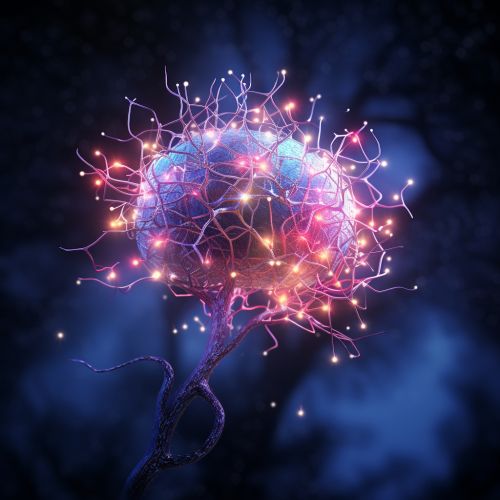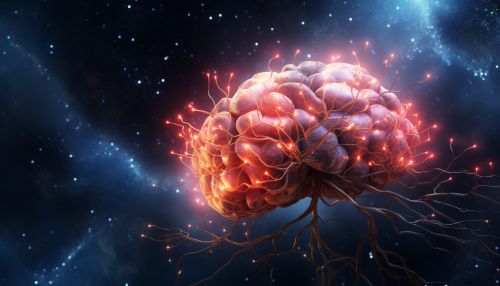Cognition
Overview
Cognition refers to the mental processes that include the ability to learn new things, intuition, judgment, language, and association. These cognitive processes make up the reality of our everyday lives and allow us to function in our environment. Cognition is a complex process that involves a wide range of mental activities, including perception, thinking, reasoning, and problem-solving learn more.


Cognitive Processes
Cognitive processes are the various tasks our brains perform when we are involved in cognitive activities. These processes include perception, memory, knowledge, problem-solving, and decision-making.
Perception
Perception is the cognitive process that makes it possible for us to interpret our sensory impressions. It is the process of making sense of sensory data, allowing us to recognize meaningful objects and events. Perception involves the organization, identification, and interpretation of sensory information to represent and understand our environment learn more.

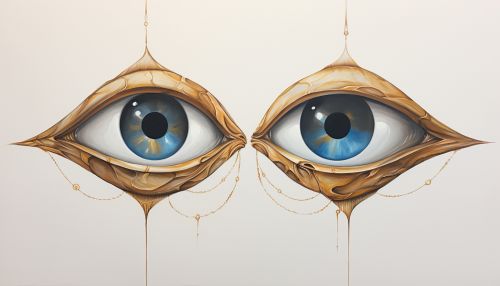
Memory
Memory is the cognitive process that allows us to store, retain, and recall information and experiences. It is an integral part of cognition, as it enables us to learn from past experiences and apply this knowledge to current activities learn more.


Knowledge
Knowledge is the understanding and awareness of facts, information, descriptions, or skills acquired through experience or education. It is the theoretical or practical understanding of a subject. Knowledge can be implicit (as with practical skill or expertise) or explicit (as with the theoretical understanding of a subject) learn more.


Problem-Solving
Problem-solving is a cognitive process used to find a solution to a problem. It involves identifying the problem, defining the problem, formulating a strategy, organizing information about the problem, allocating resources, monitoring progress, and evaluating the results learn more.

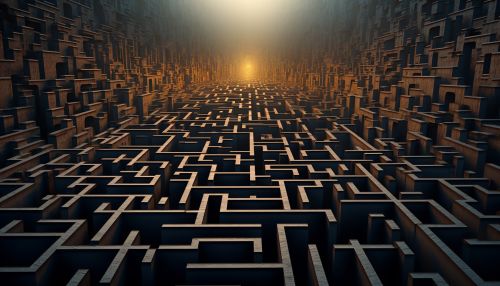
Decision-Making
Decision-making is the cognitive process of choosing a particular course of action from among multiple alternatives. It is a process that involves evaluating and choosing among options in a manner appropriate to the demands of the situation learn more.


Cognitive Development
Cognitive development is the construction of thought processes, including remembering, problem-solving, and decision-making, from childhood through adolescence to adulthood. It involves the development of the thinking and organizing systems of the mind, involving language, mental imagery, thinking, reasoning, problem-solving, and memory development learn more.


Cognitive Psychology
Cognitive psychology is the scientific study of mental processes such as "attention, language use, memory, perception, problem-solving, creativity, and thinking". It refers to the study of cognition from a psychological viewpoint and involves the research of internal mental processes—all of the things that go on inside your brain, including perception, thinking, memory, attention, language, problem-solving, and learning learn more.
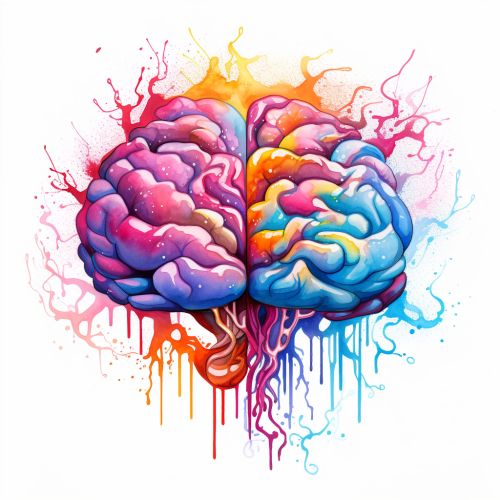
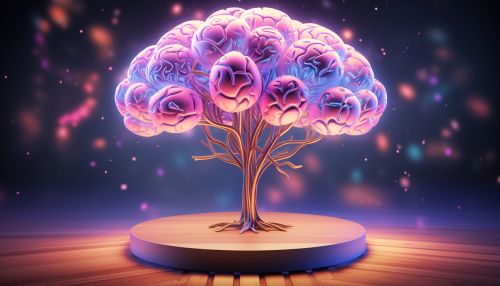
Cognitive Neuroscience
Cognitive neuroscience is the scientific field that is concerned with the study of the biological processes and aspects that underlie cognition, with a specific focus on the neural connections in the brain which are involved in mental processes. It addresses the questions of how cognitive activities are affected or controlled by neural circuits in the brain learn more.
